
Jacobus Henricus van 't Hoff Jr. was a Dutch physical chemist. A highly influential theoretical chemist of his time, van 't Hoff was the first winner of the Nobel Prize in Chemistry. His pioneering work helped found the modern theory of chemical affinity, chemical equilibrium, chemical kinetics, and chemical thermodynamics. In his 1874 pamphlet, van 't Hoff formulated the theory of the tetrahedral carbon atom and laid the foundations of stereochemistry. In 1875, he predicted the correct structures of allenes and cumulenes as well as their axial chirality. He is also widely considered one of the founders of physical chemistry as the discipline is known today.
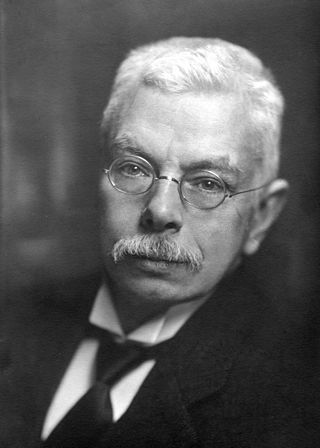
Pieter Zeeman was a Dutch physicist who shared the 1902 Nobel Prize in Physics with Hendrik Lorentz for his discovery of the Zeeman effect.

Johannes Diderik van der Waals was a Dutch theoretical physicist and thermodynamicist famous for his pioneering work on the equation of state for gases and liquids. Van der Waals started his career as a schoolteacher. He became the first physics professor of the University of Amsterdam when in 1877 the old Athenaeum was upgraded to Municipal University. Van der Waals won the 1910 Nobel Prize in physics for his work on the equation of state for gases and liquids.

Nicolaas Bloembergen was a Dutch-American physicist and Nobel laureate, recognized for his work in developing driving principles behind nonlinear optics for laser spectroscopy. During his career, he was a professor at Harvard University and later at the University of Arizona and at Leiden University in 1973.

Hendrik Christoffel "Henk" van de Hulst was a Dutch astronomer.

Robertus Henricus "Robbert" Dijkgraaf FRSE is a Dutch theoretical physicist, mathematician and string theorist, and the Minister of Education, Culture and Science in the Netherlands from 2022 until 2024. From July 2012 until his inauguration as a minister, he had been the director and Leon Levy professor at the Institute for Advanced Study in Princeton, New Jersey, and a tenured professor at the University of Amsterdam.

Marcel Gilles Jozef Minnaert was a Belgian-Dutch astronomer. He was born in Bruges and died in Utrecht. He is notable for his contributions to astronomy and physics and for a popular book on meteorological optics: Light and colour in the open air, first published in English in 1940.
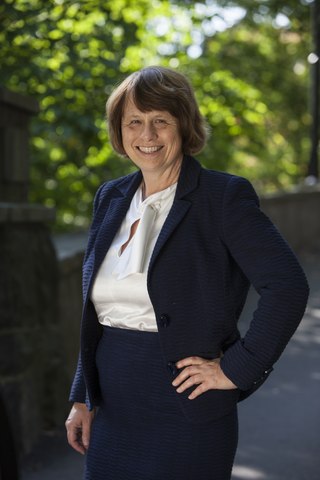
Ewine Fleur van Dishoeck is a Dutch astronomer and chemist. She is Professor of Molecular Astrophysics at Leiden Observatory, and served as the President of the International Astronomical Union (2018–2021) and a co-editor of the Annual Review of Astronomy and Astrophysics (2012–present). She is one of the pioneers of astrochemistry, and her research is aimed at determination of the structure of cosmic objects using their molecular spectra.
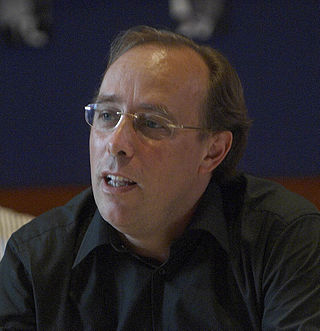
Wouter Jacobus Hanegraaff is professor of the History of Hermetic Philosophy and related currents at the University of Amsterdam, Netherlands. He served as the first president of the European Society for the Study of Western Esotericism (ESSWE) from 2005 to 2013.
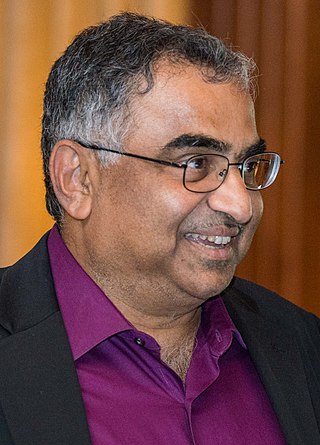
Shrinivas Ramchandra Kulkarni is a US-based astronomer born and raised in India. He is a professor of astronomy and planetary science at California Institute of Technology, and was director of Caltech Optical Observatory (COO) at California Institute of Technology, overseeing the Palomar and Keck among other telescopes. He is the recipient of a number of awards and honours.
John Philip Grime was an ecologist and emeritus professor at the University of Sheffield. He is best known for the universal adaptive strategy theory (UAST) and the twin filter model of community assembly with Simon Pierce, eco-evolutionary dynamics, the unimodal relationship between species richness and site productivity, the intermediate disturbance hypothesis, and DST classification.
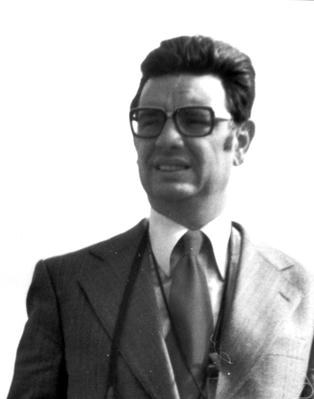
Jacobus Hendricus ("Jack") van Lint was a Dutch mathematician, professor at the Eindhoven University of Technology, of which he was rector magnificus from 1991 till 1996.
Cornelis Gijsbert Gerrit Jan van Steenis was a Dutch botanist. Van Steenis wrote many publications on the flora of the Maritime Southeast Asia region, among others about taxonomy and plant geography. Besides his expeditions in the Malay region, he also traveled in Australia and New Zealand.
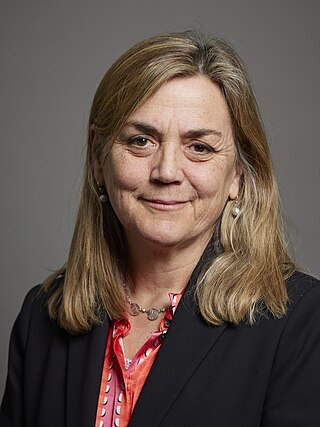
Katherine Jane Willis, Baroness Willis of Summertown, is a British biologist, academic and life peer, who studies the relationship between long-term ecosystem dynamics and environmental change. She is Professor of Biodiversity in the Department of Biology and Pro-Vice-Chancellor at the University of Oxford, and an adjunct professor in biology at the University of Bergen. In 2018 she was elected Principal of St Edmund Hall, and took up the position from 1 October. She held the Tasso Leventis Chair of Biodiversity at Oxford and was founding Director, now Associate Director, of the Biodiversity Institute Oxford. Willis was Director of Science at the Royal Botanic Gardens, Kew from 2013 to 2018. Her nomination by the House of Lords Appointments Commission as a crossbench life peer was announced on 17 May 2022.

Bernard Lucas Feringa is a Dutch synthetic organic chemist, specializing in molecular nanotechnology and homogeneous catalysis. He is the Jacobus van 't Hoff Distinguished Professor of Molecular Sciences, at the Stratingh Institute for Chemistry, University of Groningen, Netherlands, and an Academy Professor of the Royal Netherlands Academy of Arts and Sciences. He was awarded the 2016 Nobel Prize in Chemistry, together with Sir J. Fraser Stoddart and Jean-Pierre Sauvage, "for the design and synthesis of molecular machines".

René Bernards is a Dutch cancer researcher. He is professor of molecular carcinogenesis at Utrecht University and head of the section of molecular carcinogenesis at the Netherlands Cancer Institute-Antoni van Leeuwenhoekziekenhuis. Bernards is a winner of the 2005 Spinoza Prize.
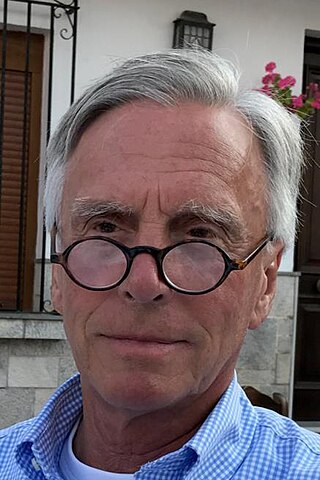
Roeland J. M. Nolte was a Dutch chemist, known for his work in the fields of organic chemistry, biochemistry, polymer chemistry, and supramolecular chemistry. He was an emeritus Royal Netherlands Academy of Arts and Sciences professor and an emeritus professor of organic chemistry at Radboud University in Nijmegen, The Netherlands. Until his death, he held a special chair, i.e. professor of molecular nanotechnology, at Radboud University. Nolte was considered to be one of the pioneers of the field of supramolecular chemistry, which encompasses the design and synthesis of new chemical structures from low molecular weight compounds and biopolymers using non-covalent interactions. He published many studies on supramolecular assembly and biomimetic catalysts, which find applications in the field of nanomaterials and medicine.

Harm Tjalling "Tjalling" Waterbolk was a Dutch archaeologist. He was a professor of archaeology and director of the Biological-Archaeological Institute at the University of Groningen between 1954 and 1987.
Herman Frans Anna baron Van der Wee is a Belgian economic historian. He was a full professor of social and economic history at the KU Leuven from 1969 to 1993. The academic output of Van der Wee spans economic history, the history of banking, financial history. He has performed research on the period from the Middle Ages to the present time. Geographically he has performed broad research as well, looking into Antwerp, Belgium, the Low Countries, Europe and the world.

Evert"Eddy"van der Maarel was a Dutch ecologist. He spent most of his career as professor of ecological botany at Uppsala University in Sweden.

















